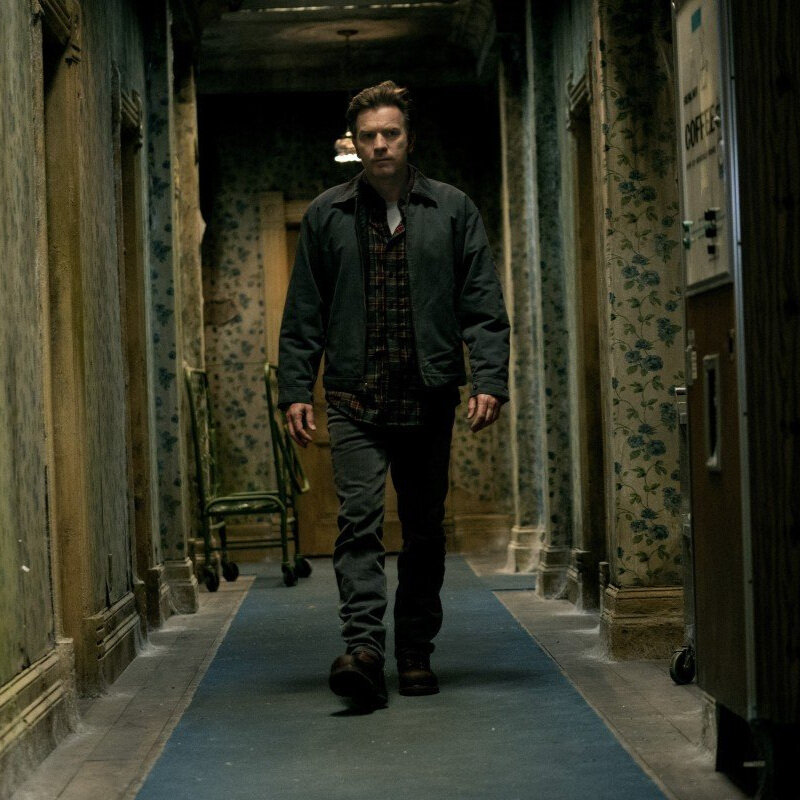Rodney Ascher's 2012 documentary, Room 237, examines a litany of perspectives on Stanley Kubrick's The Shining. One interviewee even claims the film is a confession by Kubrick to a moon-landing hoax. It comes as no surprise that Room 237 got eyes rolling — even Stephen King's. But its aim was never to legitimise its talking heads' analyses. It instead exposed how eccentric and single-minded readings of Kubrick's film can get.
Nearly forty years have passed since the release of The Shining. Age has not diminished the film's power, its sense of mystery, or its uncanny and sickly tone. News of a sequel was, in consequence, met with trepidation. But Doctor Sleep, based on a King sequel of the same name, does not tarnish the original film's legacy.
The film's tone is one of quiet dread. Moments when its spring uncoils are few and far between — but this lends them incredible weight. The construction of this film's horror is near-impeccable, supported by impressive scoring and cinematography. Doctor Sleep is far from the train-wreck many feared — but it's orthodox, shallow, and risk-averse. It would be impossible to make a case for this film having anything to do with the moon landing.
Doctor Sleep is, for better or worse, a film in the spirit of King's novels. It speaks with the author's moralising, materialism and tendency towards sentiment. In Kubrick's film, the ghosts of the Overlook were flesh and blood; lit and blocked like the living. Their goals and hungers were undefinable. The antagonists of Doctor Sleep are vampires who dress and move like a carnival troupe, eyes glowing an empty blue. Its protagonists, by contrast, are good, pure, X-Men style psychics. Even the shining itself is now material, a ghostly smoke floating from mouths of its holders.
These features pose no significant problems in the first two acts of Doctor Sleep. The film does a decent job of drawing you into this new world, and manages to transcend the cheesiness of its concept. But its finale feels no more than a homage to Kubrick's iconic imagery. The Overlook involutes; a superficial ghost-train, shell of its former self. Kubrick's Shining was a hauntological exercise; King and director Mike Flanagan's Overlook is something more straight-laced. It's horror which can be understood; overcome. Its ghosts can be willed out of existence, locked in mental boxes; manipulated and used as strategic pieces.
The subtlety and strangeness of Kubrick's film is abandoned. Doctor Sleep treads the same ground, exploring the same themes in a more explicable way. In their new clarity, though, those themes are greatly diminished.
Doctor Sleep is in cinemas now.
Words by Andrew O’Keefe

